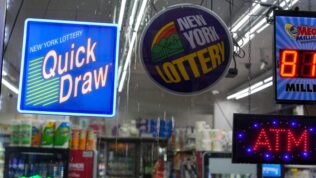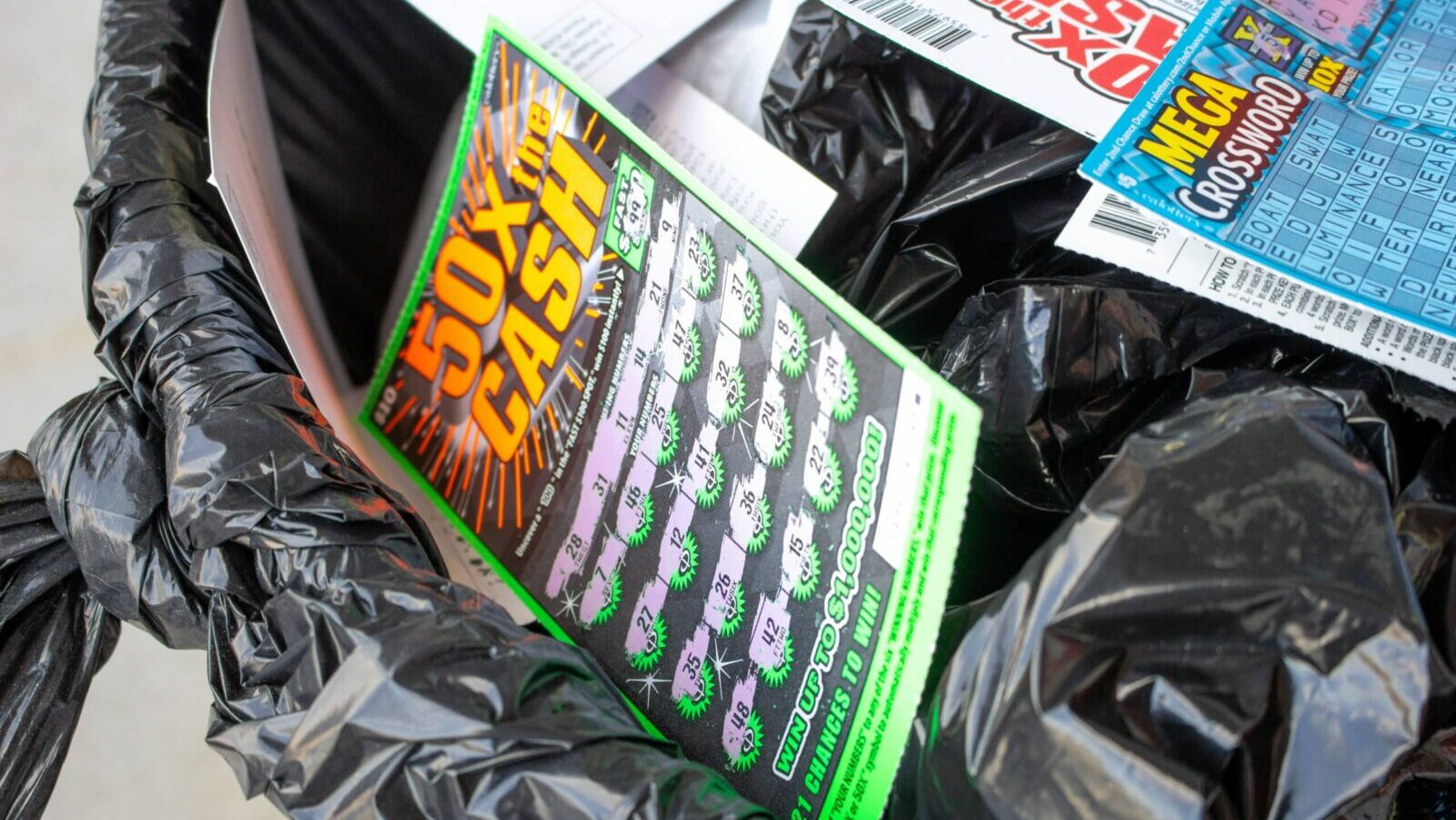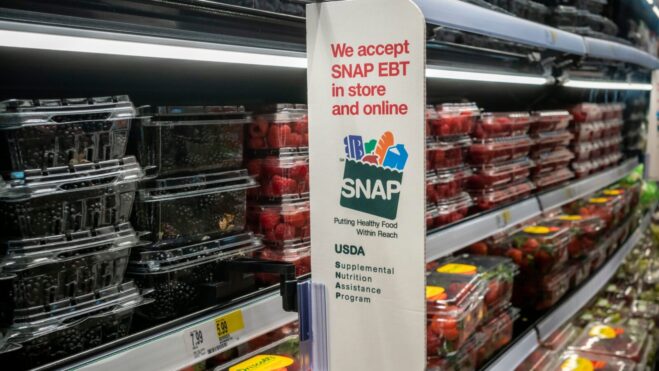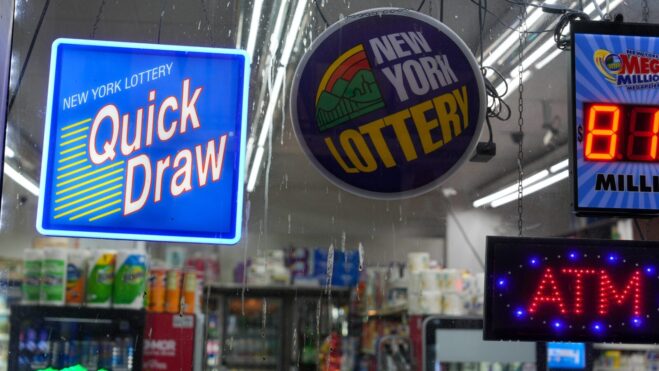To Combat Jackpot Fatigue, Lottery Officials May Have To Go Inside The Human Mind
Sales records demonstrate that lottery consumers beyond the every-week regulars are motivated only by ever-larger payoffs.
4 min
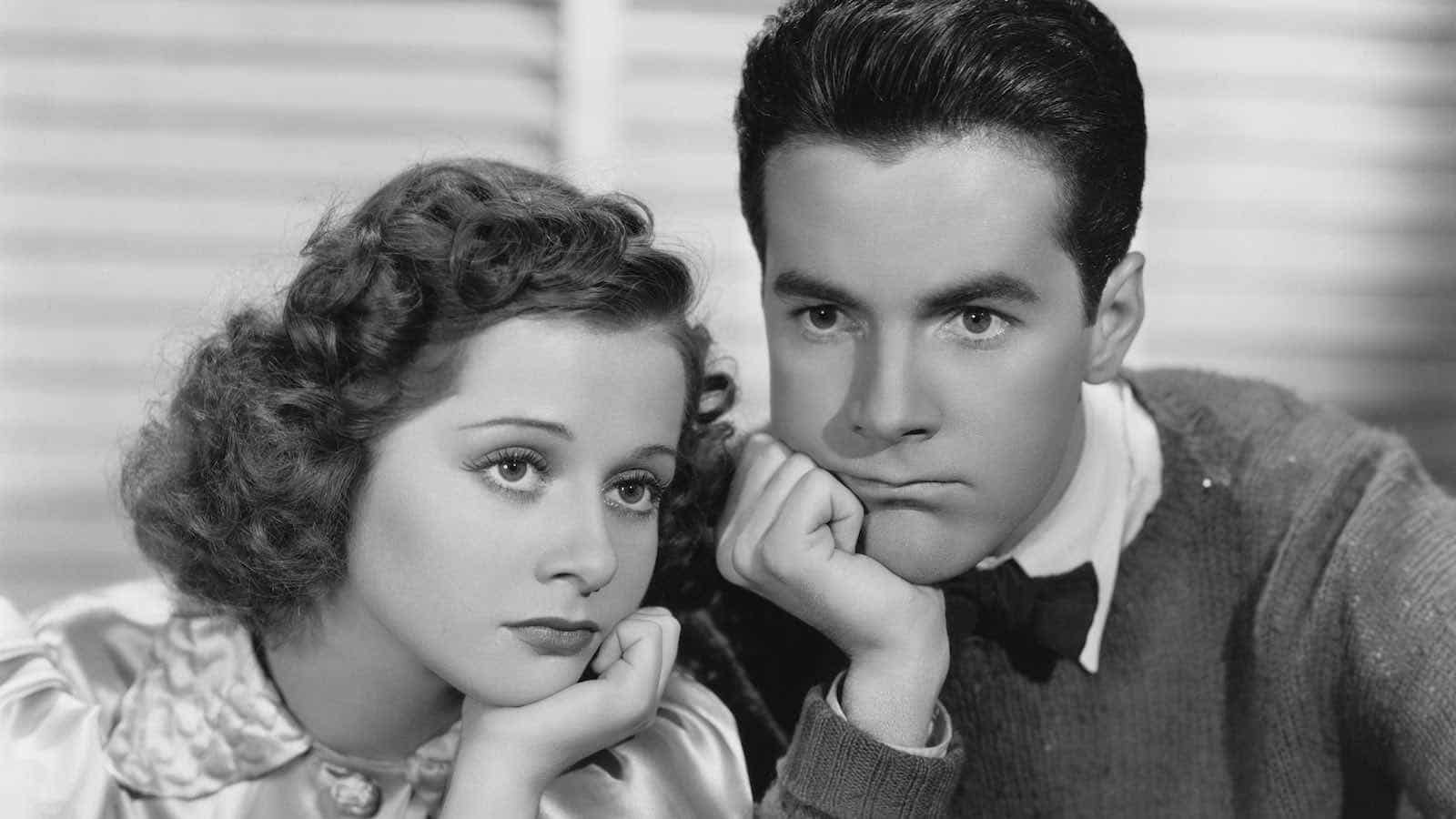
Lottery commissions trying to combat the negative effects of “lottery fatigue” have to look further for answers than just sleight-of-hand mathematical chicanery and tantalizing consumers with visions of almost unfathomable wealth. They have a far cagier and more resilient opponent to overcome: human nature.
Lottery fatigue, or “jackpot fatigue,” is used to describe the cause of static or diminishing consumer lottery sales in the face of payoffs that, though undeniably life-changing, fail to elicit sales to those beyond the everyday players merely because of the fact they’ve been seen before.
The lottery industry benefits most when the public at large, the people who usually do not play the lottery, are driven by a kind of mass hysteria into convenience stores and gas stations to try their luck (as do public beneficiaries, who generally receive about 24% of the proceeds from lottery ticket sales).
And this just doesn’t happen anymore unless the payout reaches amounts unheard of in earlier days. Jackpots of $10 million or $20 million go unnoticed. It’s only when the jackpots start growing to a point near where they sit this week — Mega Millions is at an estimated $792 million for Friday’s drawing and Powerball is hitting $600 million for Saturday’s drawing — that heads turn in large numbers.
Who doesn’t want $10 million or $20 million? Or even $1 million? Everyone does. But sales records demonstrate that lottery consumers beyond the every-week regulars are motivated only by ever-larger payoffs.
“Over $300 million, that’s when we start to see a pretty significant increase in sales, which just keeps growing the bigger jackpot,” Drew Svitko, executive director of the Pennsylvania Lottery, recently told CBS News Pittsburgh. “It drives us nuts in the lottery business, but people talk about a $100 million jackpot like it’s not a lot of money.”
Understanding the psychology
There’s a name for this phenomenon in psychological circles. It’s called “habituation,” and it means simply that a person’s response to a stimulus decreases after repeated presentations.
“When we’re exposed to the same stimulus again and again, we have less of a response each time that we encounter it,” said Alex Williams, director of the psychology program and psychological clinic at the University of Kansas.
“That same basic psychological process of habituation applies to how we respond to all kinds of stimuli in all areas of life. The first time someone discovers there is something called ‘the lottery’ and you can receive $5 million for winning it, that may excite them. But once they see that figure again and again throughout their lives, pretty soon, it doesn’t mean that much to them anymore and it’s not a particular reason to get excited.
“Conversely, when they see record-setting amounts of money on the line, they feel that burst of excitement that causes them to say ‘What the hell!’ and buy the ticket.”
But it’s not just habituation that causes jackpot fatigue, nor just simple inflation, which everyone understands to mean that $1 million does not go as far as it once did, and to a person who likes the finer things in life, $5 million or even $10 million can be easily gone through.
Indeed, the stories are legion of jackpot winners who burn through their winnings in a few short years and end up back where they started. If one is destined to win a jackpot, the thinking goes, why not make it for several hundred million, which most average people would be hard pressed to blow through in an adult lifespan?
Or maybe it’s just not that impressive anymore to be a mere millionaire. After all, the number of millionaires in the United States has skyrocketed over the last several decades, from about 5.3 million in 1997 to 22.7 million in 2022. Still, to a family living on $74,580, the median household income in America, a million bucks is a million bucks.
Not necessarily the news
If these causes don’t fully account for lottery fatigue, perhaps availability bias (or availability heuristic) does.
“Availability bias occurs when people overestimate the frequency of an event by how easily it comes to mind,” said Williams. “This is commonly influenced by news coverage. Think shark attacks, or air travel. In the case of the latter, air travel is orders of magnitude safer than traveling the same distances by car, but the many people who are killed in car accidents every day almost never make the national news. Conversely, if no one dies, but there was an emergency situation on an airplane, it makes the national news, sometimes for days on end.
“The result is that those events stand out to people, and thus in the aftermath of, say, news stories about Boeing’s problems, people are likely to overestimate the probability of being killed while traveling by air, when the actual probability is virtually nil.”
How does this play into lottery fatigue?
When a jackpot is $5 million or $10 million or even $30 million, it’s not a news story. It’s not worthy of coverage. But tune in to a local news show when it’s $300 million or more, and you’re likely to see a segment about “jackpot fever” with video of lines forming at the local grocery stores.
And those stories will continue until somebody hits.
“If the jackpot is some obscene number that we’ve never seen before, it’s likely to be featured in the news. When it is, people may overestimate the probability that they’ll win that jackpot just because the lottery is much more in the forefront of their mind than it normally is,” Williams said.
Lottery officials have reconfigured many of their lotto games in a way that reduces a player’s chance of winning but increases the size of the payout, hoping that would provide a remedy, and it worked in the short-term.
But where does it end? There have already been billion-dollar payouts. What happens when even a $1 billion jackpot isn’t enough to induce a lottery craze?
Unless lottery officials can figure out another way to beat jackpot fatigue, we’re going to find out.


